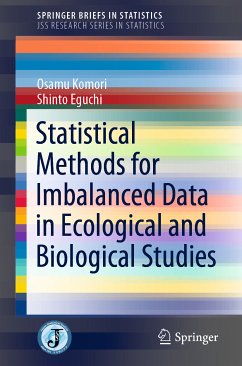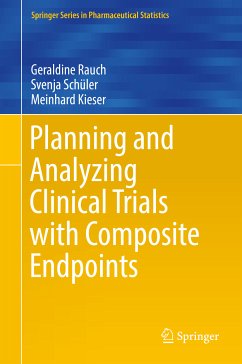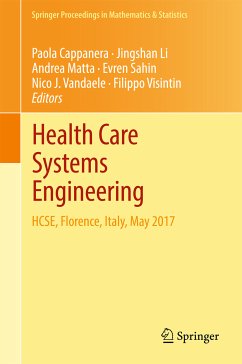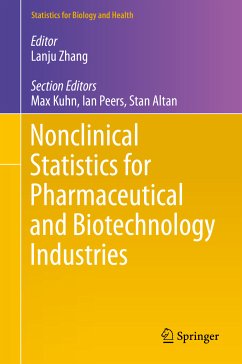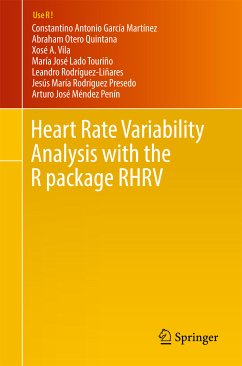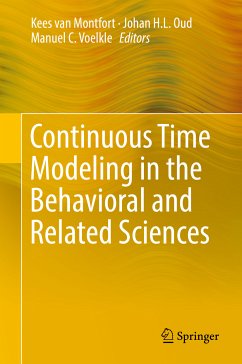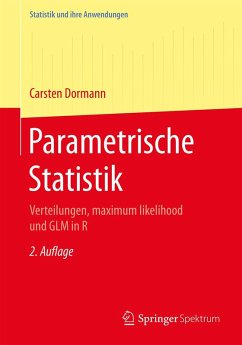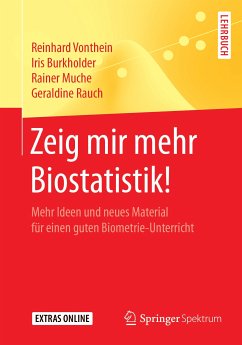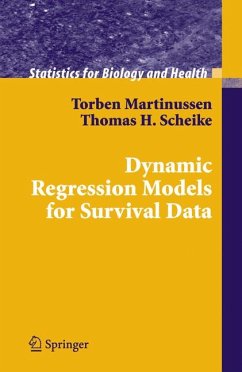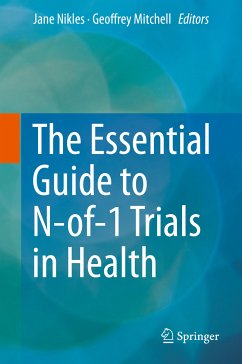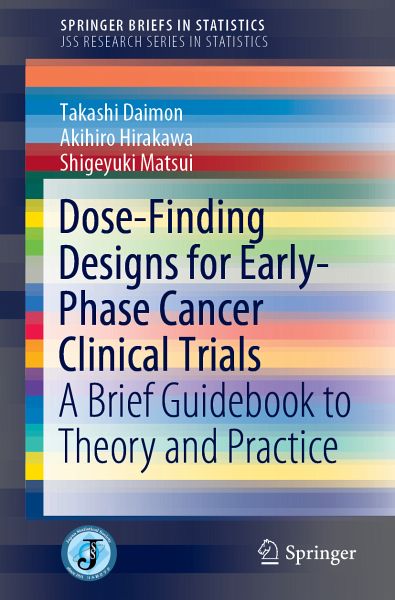
Dose-Finding Designs for Early-Phase Cancer Clinical Trials (eBook, PDF)
A Brief Guidebook to Theory and Practice
Versandkostenfrei!
Sofort per Download lieferbar
48,95 €
inkl. MwSt.
Weitere Ausgaben:

PAYBACK Punkte
24 °P sammeln!
This book provides a comprehensive introduction to statistical methods for designing early phase dose-finding clinical trials. It will serve as a textbook or handbook for graduate students and practitioners in biostatistics and clinical investigators who are involved in designing, conducting, monitoring, and analyzing dose-finding trials. The book will also provide an overview of advanced topics and discussions in this field for the benefit of researchers in biostatistics and statistical science. Beginning with backgrounds and fundamental notions on dose finding in early phase clinical trials,...
This book provides a comprehensive introduction to statistical methods for designing early phase dose-finding clinical trials. It will serve as a textbook or handbook for graduate students and practitioners in biostatistics and clinical investigators who are involved in designing, conducting, monitoring, and analyzing dose-finding trials. The book will also provide an overview of advanced topics and discussions in this field for the benefit of researchers in biostatistics and statistical science. Beginning with backgrounds and fundamental notions on dose finding in early phase clinical trials, the book then provides traditional and recent dose-finding designs of phase I trials for, e.g., cytotoxic agents in oncology, to evaluate toxicity outcome. Included are rule-based and model-based designs, such as 3 + 3 designs, accelerated titration designs, toxicity probability interval designs, continual reassessment method and related designs, and escalation overdose control designs. This bookalso covers more complex and updated dose-finding designs of phase I-II and I/II trials for cytotoxic agents, and cytostatic agents, focusing on both toxicity and efficacy outcomes, such as designs with covariates and drug combinations, maximum tolerated dose-schedule finding designs, and so on.
Dieser Download kann aus rechtlichen Gründen nur mit Rechnungsadresse in A, B, BG, CY, CZ, D, DK, EW, E, FIN, F, GR, HR, H, IRL, I, LT, L, LR, M, NL, PL, P, R, S, SLO, SK ausgeliefert werden.



